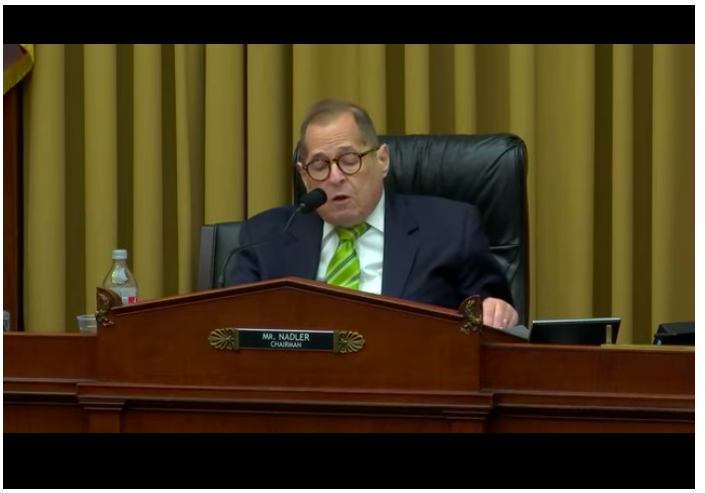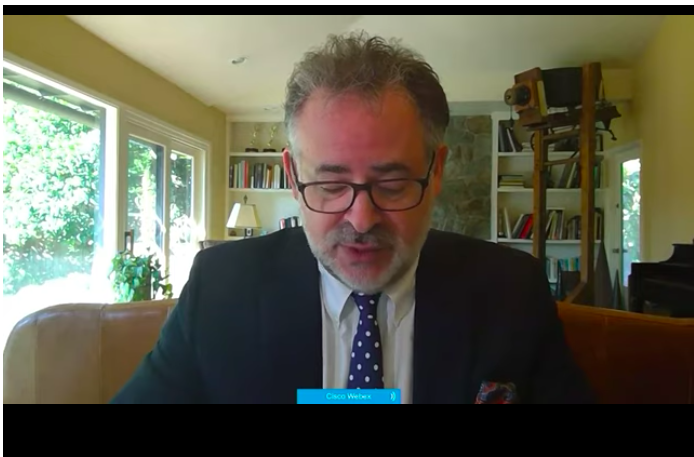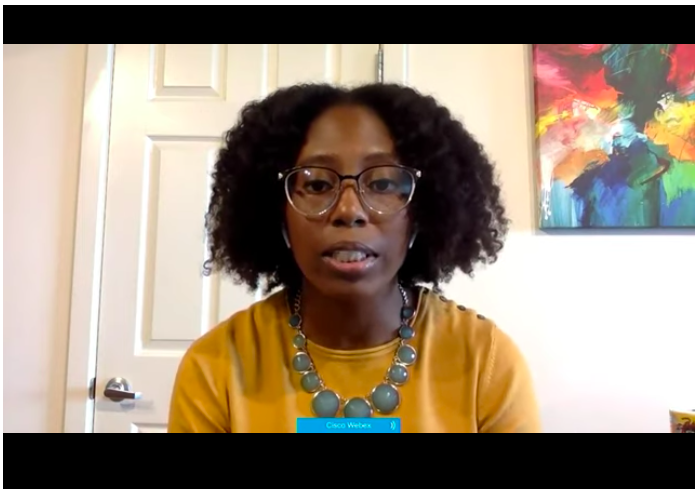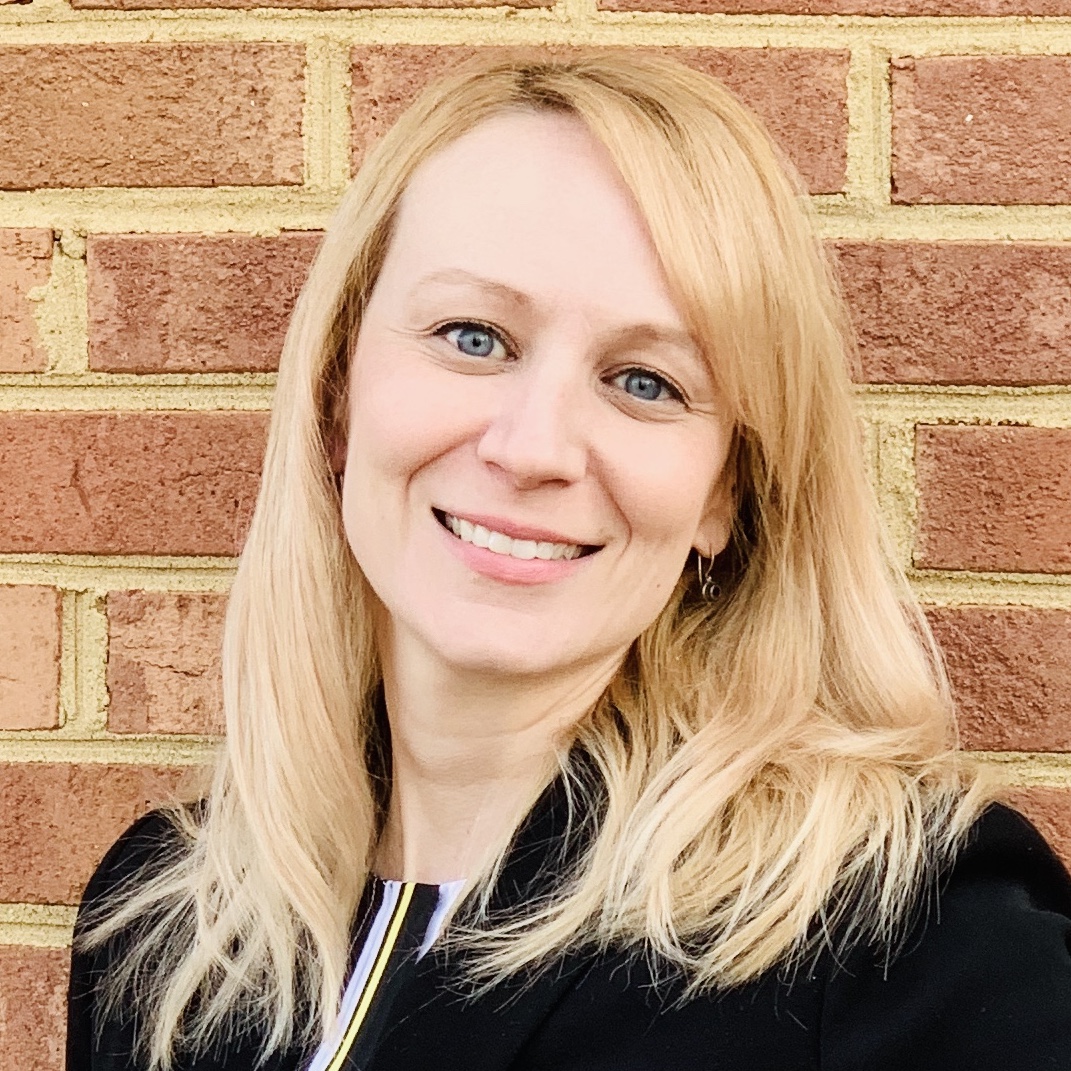“It is true that artists face a difficult task in attempting to police the use of their copyrighted content online; however, we must acknowledge the enormous power of these takedown notices, their documented history of misuse, and the profound effect of that misuse on lawful speech.” – Meredith Rose, Public Knowledge

Jerrold Nadler
Yesterday, the U.S. House of Representatives Committee on the Judiciary held a hearing titled “Copyright and the Internet in 2020: Reactions to the Copyright Office’s Report on the Efficacy of 17 U.S.C. § 512 After Two Decades.” House Judiciary Chairman Jerrold Nadler (D-NY) began by explaining that the purpose of the hearing was to examine whether Section 512, a key provision of copyright law that guides how copyright and parts of the internet interact with each other, has fared well in today’s digital age. Six witnesses at the hearing presented the Committee with their views on the Copyright Office’s report and recommendations, and the majority concluded that Section 512 is out of balance. The topic is one that the U.S. Senate Judiciary Committee, Subcommittee on Intellectual Property has been examining all year.
Nadler explained that Section 512 of Title 17 was enacted in 1998 as part of the Digital Millennium Copyright Act (DMCA) with two goals in mind: “promoting the growth and innovation of online networks and…protecting intellectual property rights and that incentive system for promoting the creation of new expressive works.” Section 512 sets forth a notice-and-takedown system under which a copyright owner must notify an online service provider when a third party has used allegedly infringing material through or on the provider’s services and then the online service provider must take down the allegedly infringing material down in order to limit its liability for infringement. Dramatic and rapid changes to the internet since the enactment of Section 512 have led to the need to consider whether it “is working efficiently and effectively for this new internet landscape, and whether the balance that Congress sought in 1998 is still being achieved in 2020.” Nadler noted that the Copyright Office recently published a report to address this question, and the “Office concluded that the balance that Congress originally sought in enacting section 512 is now ‘askew’…[and Copyright owners found] section 512 ineffective in the face of the current scale of infringement.”
Artists Have Their Say

Jeffrey Sedlik
Initially, Jeffrey Sedlik, President & CEO of PLUS Coalition, who also testified at a June Senate IP Subcommittee hearing, noted that enforcing rights under the DMCA is an impossible task for him, a photographer, and for many other creators across the United States. He explained that, if he gives a service provider a takedown notice and is met with a counter-notice, Section 512 “allows just ten days to interview and retain an attorney and file a complaint in federal court, or the infringement will be back online.” As a result, his photographs “receive very little protection” under U.S. copyright law unless he proactively submits takedown notices, which is extremely time consuming, Sedlik said. He added that he agrees with the recommendations presented by the Copyright Office in its report.
Morgan Grace Kibby, Singer & Songwriter, said that Section 512 is not only “not working,” it is “undermining creativity, undercutting our next generation of artists, jeopardizing livelihoods for working class musicians and obliterating healthy monetary velocity in our creative community, it is rewarding unscrupulous services that deal in the unauthorized trade and use of our works, and it is fundamentally sabotaging the legitimate online marketplace that we all rely on and that Congress envisioned.” She noted that trying to enforce her work is so difficult that she just does not try. Kibby added that the Copyright Office’s Report understood some of these issues and provided some guidelines, “including clarifying who actually qualifies for the safe harbor, strengthening policies on repeat infringers, and requiring more awareness and action by services.” However, she stated that “service providers can do more…” since their area of expertise is technology.
Industry and User Reps Call for More Nuanced Approach
Meredith Rose, Policy Counsel for Public Knowledge, began by noting the importance of the internet and the 229 million internet users, but explained that these users are greatly ignored by the Copyright Office’s Report, “absent from the oversight mechanisms governing their speech, and absent from the debate on Capitol Hill.” Rose discussed three major issues: Section 512’s outdated stance on broadband issues, the powerful nature and abuse of takedown notices, and the difficult realities of automated enforcement. Rose acknowledged the problems faced by artists, but argued that the free speech implications for users of many of the solutions to removing potentially infringing content are far more worrisome:
It is true that artists face a difficult task in attempting to police the use of their copyrighted content online; however, we must acknowledge the enormous power of these takedown notices, their documented history of misuse, and the profound effect of that misuse on lawful speech. Asking for faster, more powerful notices with fewer safeguards is akin to discarding a tank and asking for a warhead.
President of the Computer & Communication Industry Association, Matthew Schruers, noted in both his oral and written testimony that he was focused on “the economic significance of Section 512, and why the report inadequately reflects the interests of users, particularly when targeted by misuse of the statute to suppress speech and economic activity.” He further noted that “promoting lawful alternatives to piracy can achieve more than the unpredictable outcomes that would result from implementing the report’s recommendations.” He also explained that companies must balance the power of particular copyright management tools with the potential risks of abuse.

Terrica Carrington
Terrica Carrington, Vice President, Legal Policy & Copyright Counsel of the Copyright Alliance, said that the goal of Section 512 should be to properly balance “the interests of [online service providers] OSPs and copyright owners, and [to incentivize] cooperation between OSPs and rights holders to detect and address infringement.” In the present situation, where OSPs believe the system is working well and rights holders do not, “it is clear that this balance has not been achieved.” Carrington explained that the imbalance is demonstrated in several ways, such as the intent of the notice and takedown process, the purpose of which was “to give copyright owners a faster alternative to filing for a temporary restraining order in court, mostly so they could prevent copies distributed legally on physical goods (DVDs, CDs) from being illegally distributed on the internet for people to download.” She further explained that vastly increased download speeds and instant streaming capabilities have made it virtually impossible to “prevent mass unauthorized copying, distribution and performance.”
Working Well
Jonathan Band, Counsel at the Library Copyright Alliance (LCA), testified about the importance of Section 512’s safe harbors for U.S. libraries. He noted that the LCA agreed with the Copyright Office’s recommendation that “Congress not consider foreign approaches to online infringement such as notice-and-staydown and site blocking.” While he said the LCA is aware that the Copyright Office “recognized that abuse of the notice-and takedown system is a serious problem requiring Congressional attention” and urged the Committee to explore possible solutions to this issue, he also explained that the Alliance “strongly disagrees with the Office’s conclusion that the balance Congress established in Section 512 is askew” and, instead, asserted that “the DMCA is working just as Congress intended.”

![[IPWatchdog Logo]](https://ipwatchdog.com/wp-content/themes/IPWatchdog%20-%202023/assets/images/temp/logo-small@2x.png)


![[Advertisement]](https://ipwatchdog.com/wp-content/uploads/2024/04/UnitedLex-May-2-2024-sidebar-700x500-1.jpg)
![[Advertisement]](https://ipwatchdog.com/wp-content/uploads/2024/04/Artificial-Intelligence-2024-REPLAY-sidebar-700x500-corrected.jpg)
![[Advertisement]](https://ipwatchdog.com/wp-content/uploads/2024/04/Patent-Litigation-Masters-2024-sidebar-700x500-1.jpg)

![[Advertisement]](https://ipwatchdog.com/wp-content/uploads/2021/12/WEBINAR-336-x-280-px.png)
![[Advertisement]](https://ipwatchdog.com/wp-content/uploads/2021/12/2021-Patent-Practice-on-Demand-recorded-Feb-2021-336-x-280.jpg)
![[Advertisement]](https://ipwatchdog.com/wp-content/uploads/2021/12/Ad-4-The-Invent-Patent-System™.png)






Join the Discussion
No comments yet.